Science Inquiry Skills
With guidance, pose questions to clarify practical problems or inform a scientific investigation, and predict what the findings of an investigation might be based on previous experiences or general rules
- Plus Plan
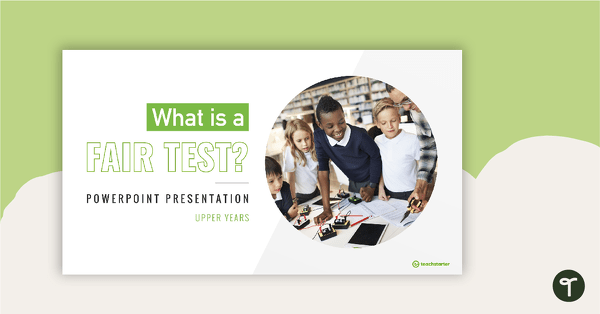
What is a Fair Test? - Upper Years PowerPoint
A 20 slide PowerPoint to use when teaching your students about how to make a fair test in Science.
- Plus Plan
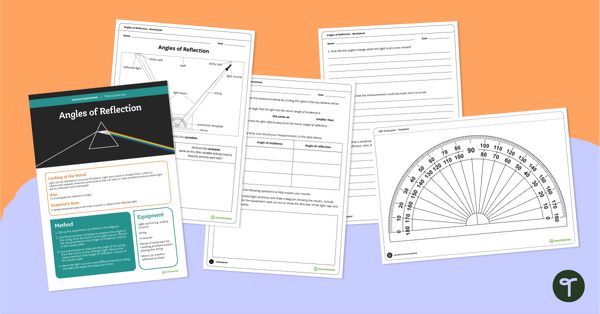
Science Experiment - Angles of Reflection
A science experiment that explores reflected light.
- Plus Plan
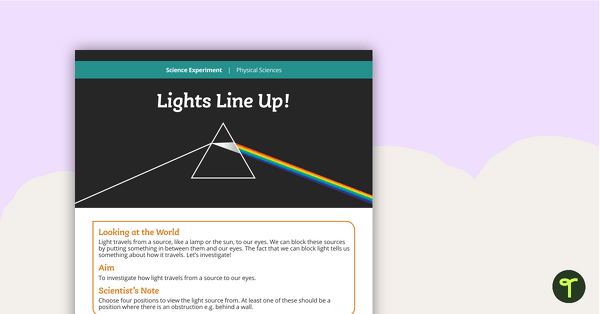
Science Experiment - Lights Line Up!
A science experiment which explores light.
- Plus Plan
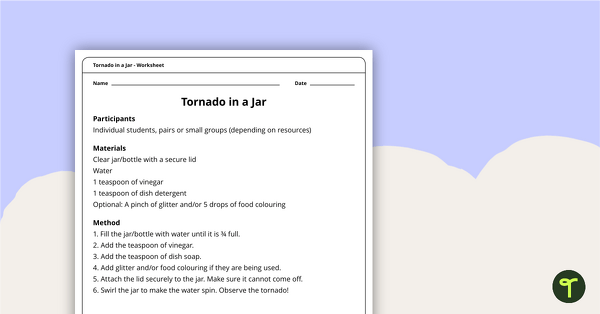
Tornado in a Jar Worksheet
A science activity that demonstrates some properties and effects of motion.
- Free Plan
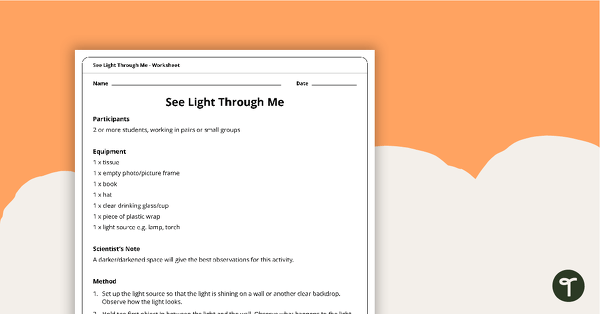
See Light Through Me Worksheet
A worksheet that explores classification of objects according to light transmission.
- Plus Plan
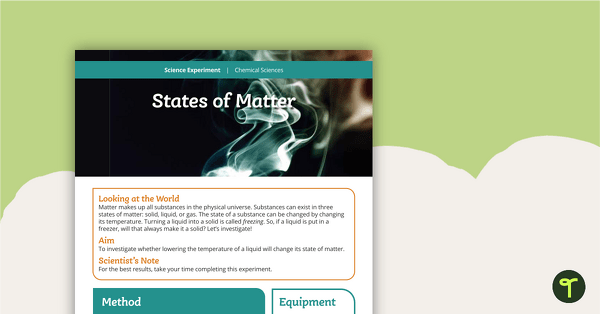
Science Experiment – States of Matter
A science experiment that investigates how a substance's state of matter can be changed.
- Plus Plan
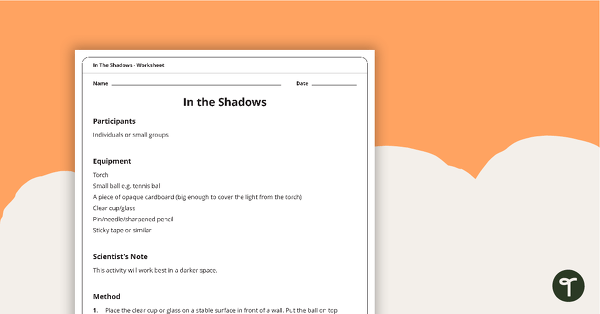
In the Shadows Worksheet
A worksheet that explores the difference between shadows.
- Plus Plan
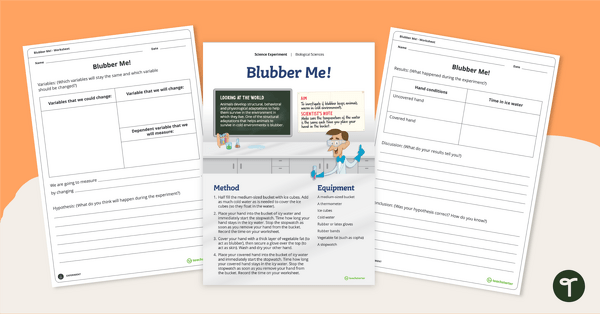
Arctic Animal Adaptations- Blubber Me! Experiment
Explore the structural adaptation of blubber with an Arctic Animal Adaptation experiment.
- Plus Plan
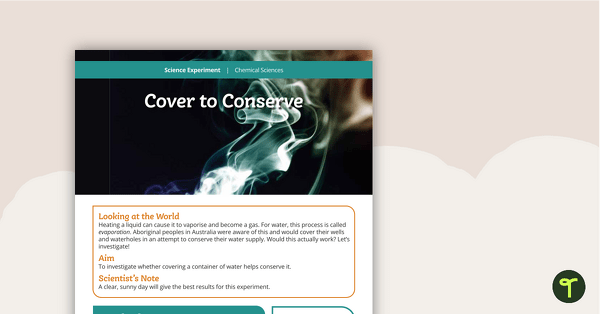
Science Experiment - Cover to Conserve
A science experiment that investigates if evaporation can be reduced by covering a body of water.
- Plus Plan
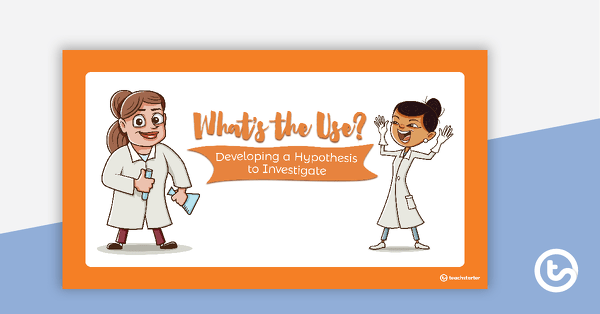
What's the Use? PowerPoint - Developing a Hypothesis to Investigate
A teaching presentation discussing the development of a scientific hypothesis.
- Plus Plan
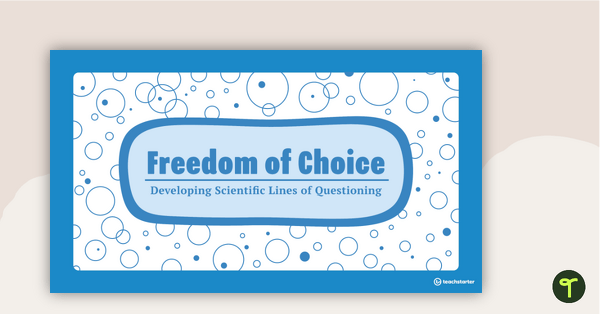
Freedom of Choice PowerPoint - Developing Scientific Lines of Questioning
A teaching presentation discussing the development of scientific lines of questioning.
- Plus Plan
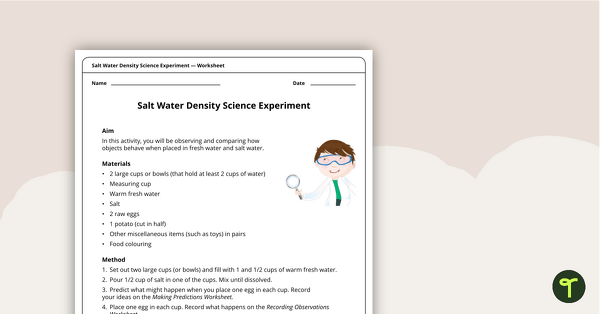
Salt Water Density Experiment
A hands-on science experiment about salt water density.
- Plus Plan
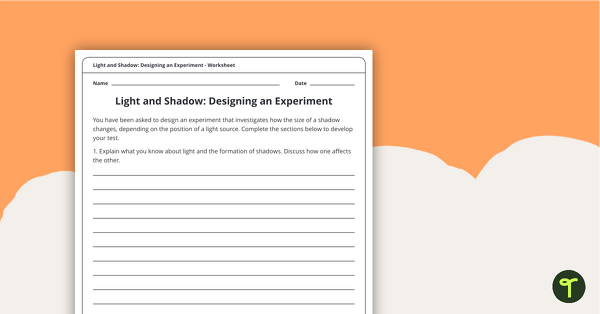
Light and Shadow - Design an Experiment Worksheet
A worksheet that explores light and shadow and the principles of a fair test.
- Plus Plan
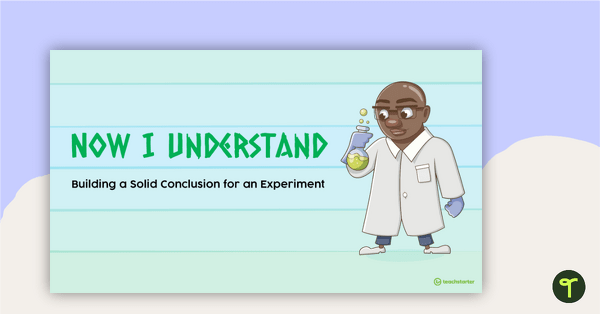
Now I Understand PowerPoint - Building a Solid Conclusion for an Experiment
An educational teaching presentation introducing the students to the R.E.R.U.N. method for writing a scientific conclusion.
- Plus Plan
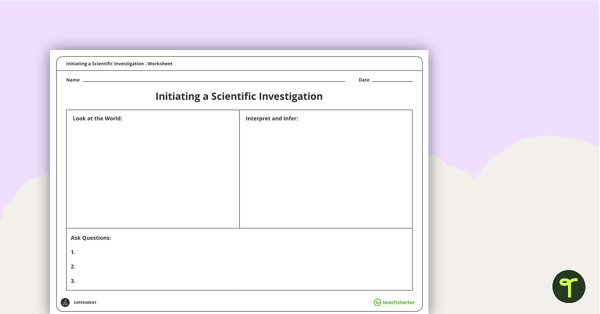
Initiating a Scientific Investigation Worksheet
A worksheet to help the students begin the process of a scientific investigation.
- Plus Plan
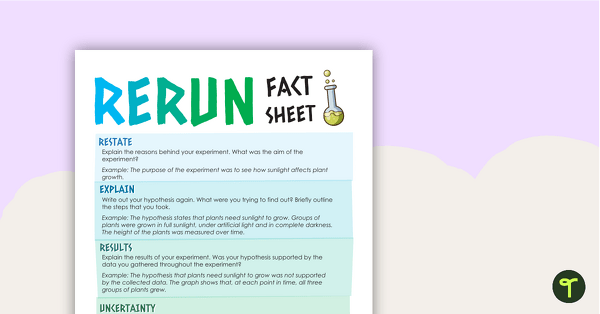
R.E.R.U.N. - Writing a Scientific Conclusion Fact Sheet
An educational fact sheet introducing the students to the R.E.R.U.N. method for writing a scientific conclusion.
- Plus Plan
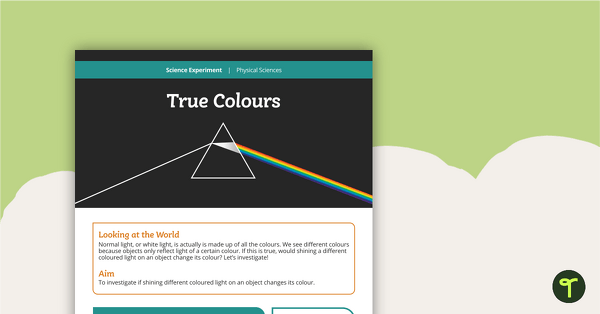
Science Experiment - True Colours
A science experiment that explores the perception of colour.
- Plus Plan
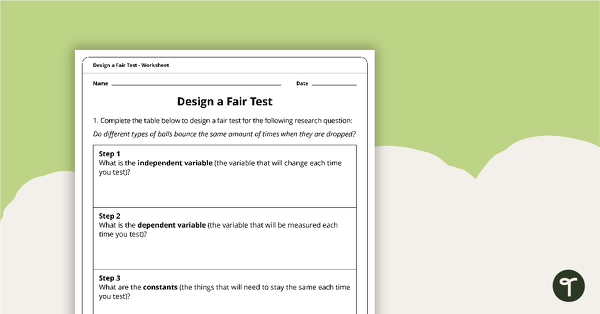
Design a Fair Test Worksheet - Upper Years
A worksheet to use when developing the concept of a fair test.
- Plus Plan
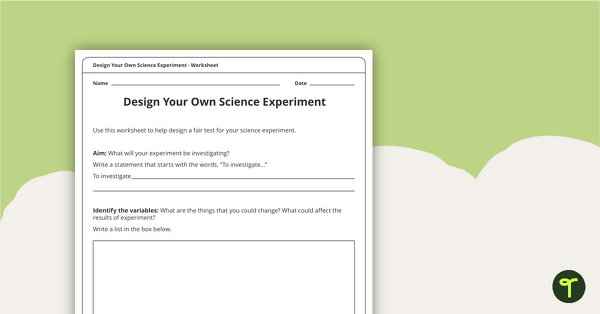
Design Your Own Experiment Worksheet
A worksheet to develop students' ability to design fair, scientific experiments.
- Plus Plan
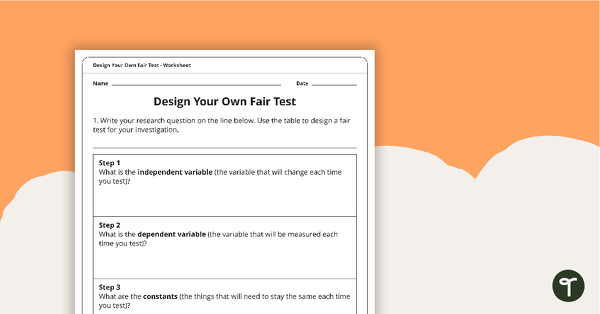
Design Your Own Fair Test Worksheet - Upper Years
A worksheet to use when developing the concept of a fair test.
- Plus Plan
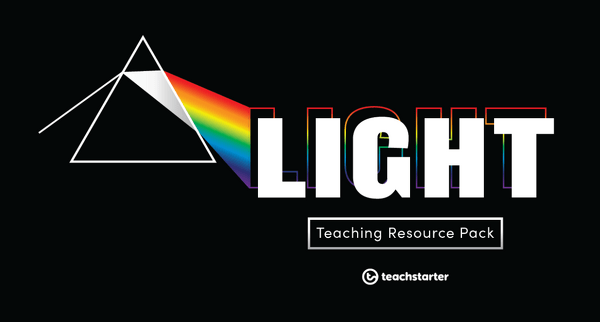
Light Teaching Resource Pack
A comprehensive set of posters, activities and worksheets related to the concept of light.
- Plus Plan
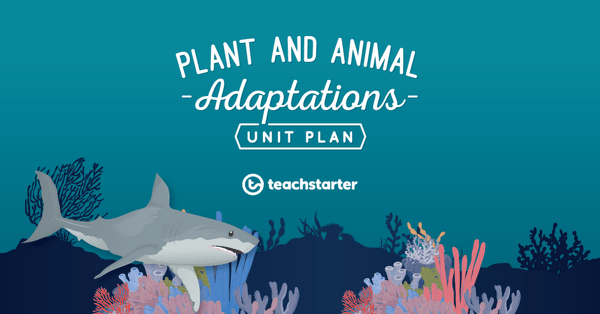
Plant and Animal Adaptations Unit Plan
This Science unit addresses the concept of plant and animal adaptations.
- Plus Plan
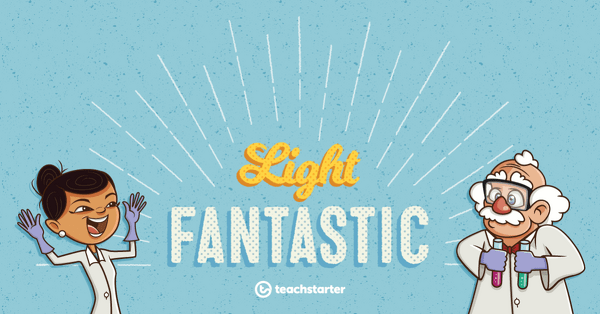
Light Fantastic Unit Plan
This Physical Sciences unit addresses the properties of light. It explores the phenomena of reflection, refraction, shadow and more.
- Plus Plan
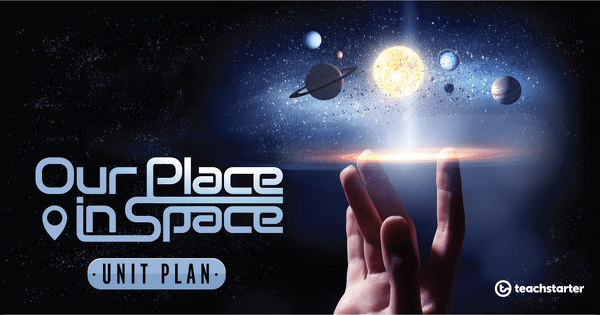
Our Place in Space - Unit Plan
This Earth and Space Sciences unit explores the concept that Earth is part of a system of planets orbiting around a star (the sun).
- Plus Plan
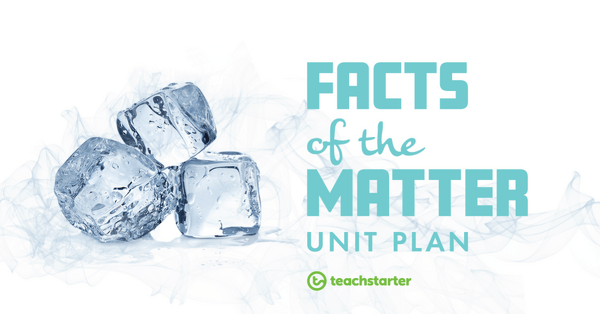
Facts of the Matter
This Chemical Sciences unit explores the concept that solids, liquids and gases have different observable properties and behave in different ways.
- Plus Plan
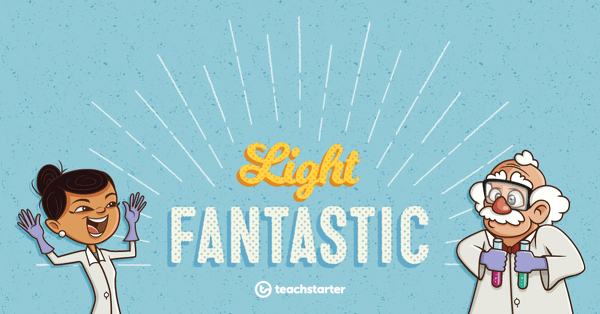
In the Shadows
A 60 minute lesson in which students will compare shadows from point and extended light sources.
- Plus Plan
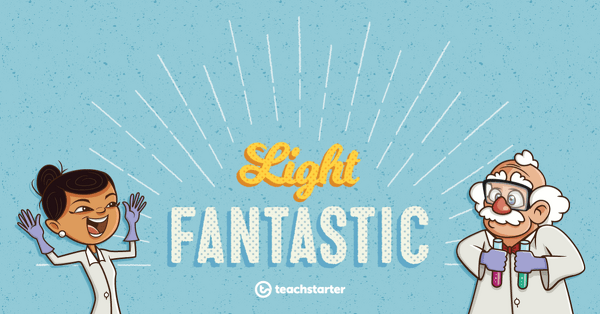
What is Light?
A 60 minute lesson in which students will research the concept of light and generate a list of statements that can be tested.
- Plus Plan
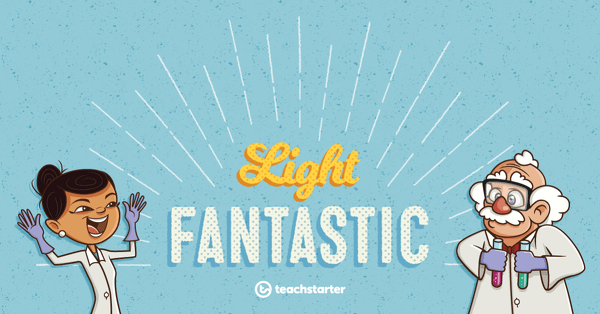
See Light Through Me
A 60 minute lesson in which students will classify objects based on how much light is transmitted through them.
- Plus Plan
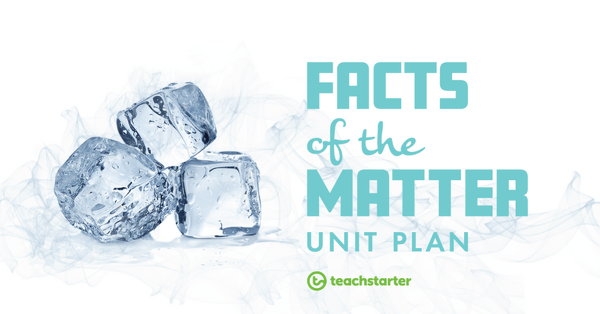
Changing States of Matter
A 60 minute lesson in which students will explore the way solids, liquids and gases change in different situations.
- Plus Plan
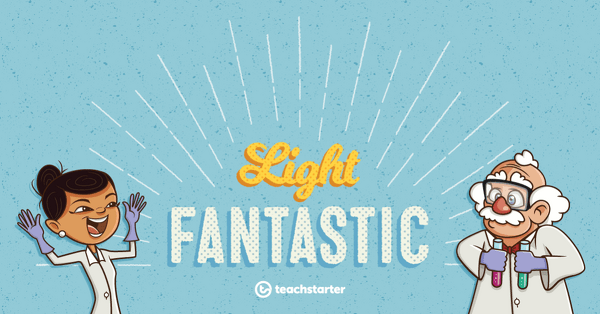
Light and Shadow - Design an Experiment
An assessment task in which students will demonstrate an understanding of light and fair testing.
- Plus Plan
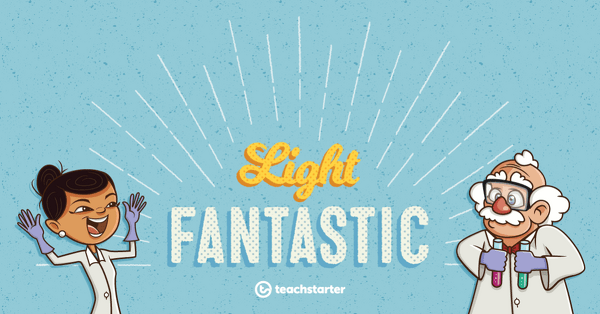
Reflecting Light
A 60 minute lesson in which students will use mirrors to investigate some of the properties of reflected light.
- Plus Plan
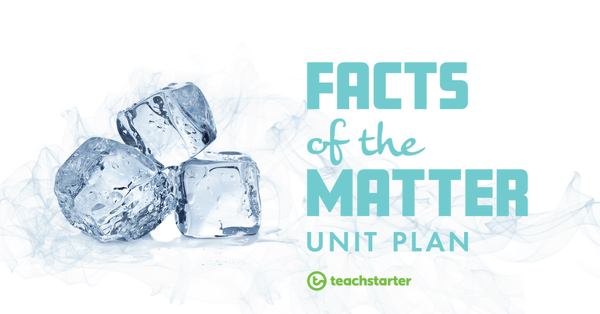
Slime - Solid, Liquid or Gas?
A 60 minute lesson in which students will recognise that not all substances can be easily classified on the basis of their observable properties.